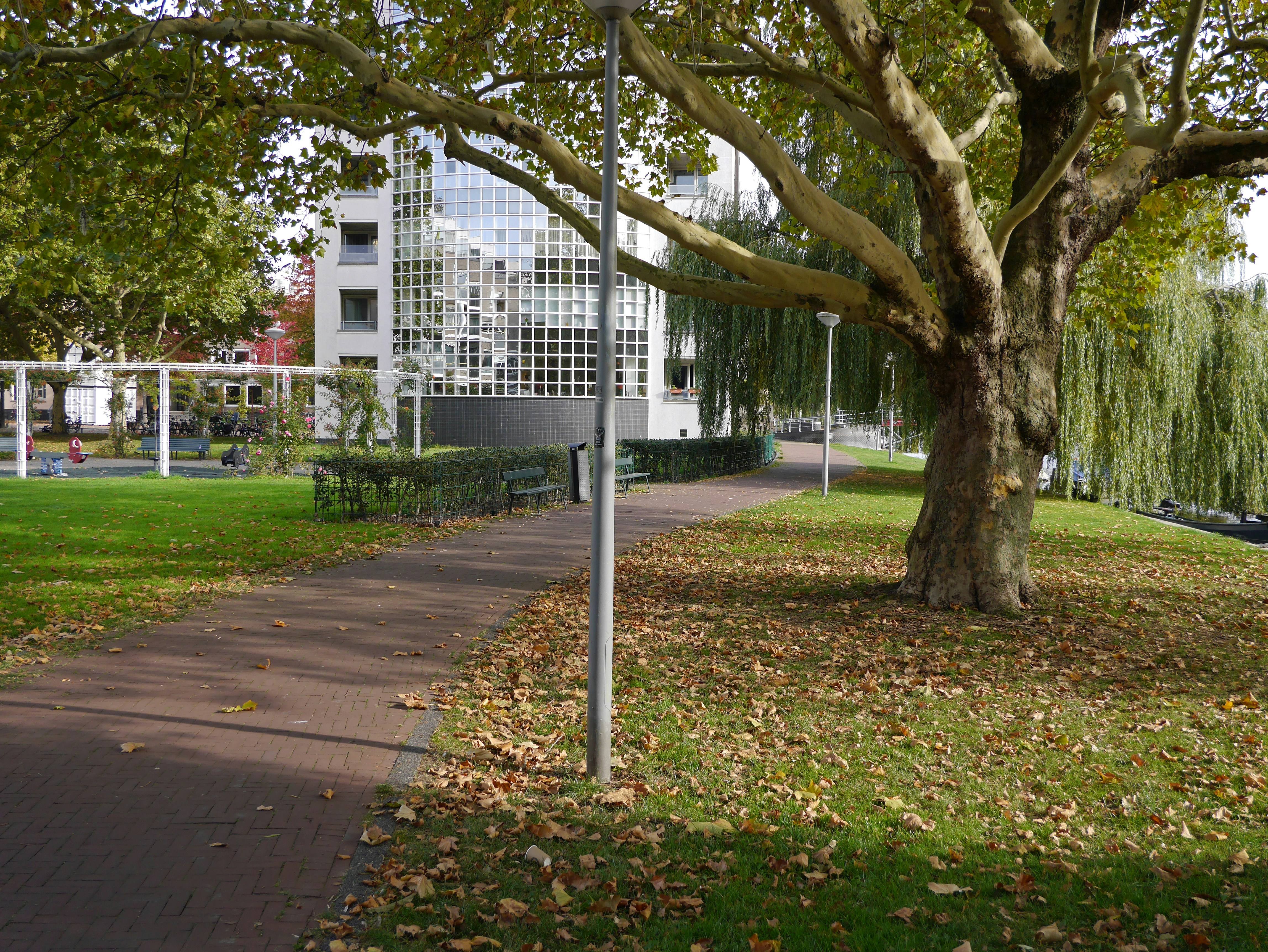News release
From:
BMJ OPEN
Externally peer reviewed? Yes
Evidence type: Systematic review
Subjects: People
Abundant urban green space linked to lower rates of heat related illness and death
And better mental health and wellbeing; may offset adverse effects of high temperatures
Abundant green space in urban areas is linked to lower rates of heat related illness and death as well as better mental health and wellbeing, finds a systematic review of the available research, published in the open access journal BMJ Open.
Green space may help offset the adverse health effects of high temperatures, conclude the researchers.
In recognition of the detrimental heat related effects of increasing urbanisation and climate change, one of the UN Sustainable Development Goal targets stipulates the provision of universal access to safe and accessible green and public spaces, especially for vulnerable groups, such as children, the elderly, and those living with long term conditions, by 2030.
Despite an extensive body of research on the overall beneficial effects of green spaces, their effects on heat related health risks remain poorly understood, say the researchers. In a bid to plug this knowledge gap, they looked at the effects of green zones on death and ill health in urban areas across the globe, drawing on relevant published research.
They included content published in English between January 2000 and December 2022, and reviewed 12 studies out of an initial haul of more than 3000 from Hong Kong, Australia (4), Vietnam, the USA (3), South Korea, Portugal and Japan.
These included epidemiological, modelling, and simulation studies, as well as experimental research and quantitative analyses.
The review showed that urban green spaces, such as parks and trees, can potentially help offset the adverse health effects of high temperatures.
Areas with more green space have lower rates of heat related ill health and death than areas with less green space, particularly among vulnerable groups.
And urban greenery is associated with better mental health and wellbeing, which could also help mitigate the negative health effects of high temperatures.
The researchers point out that the differing methodology and design of the included studies precluded pooling the results for further data analysis, and while the review found associations between urban green spaces and health outcomes, it cannot establish causal relationships.
“It is important to note that more research is needed to fully understand the extent of the impact of urban greenery on heat-related morbidity and mortality, and how it interacts with other factors such as air pollution, socioeconomic status among others,” they highlight.
But they nevertheless conclude: “Urban green spaces play a vital role in mitigating heat-related health risks, offering a potential strategy for urban planning to address climate change and enhance public health.”



 Australia; International
Australia; International



